Common Appliance Repair Myths
Myth Busting for DIY Enthusiasts
As a homeowner or a DIY enthusiast tackling appliance repair, this article on ‘Appliance Repair Myths’ is tailored just for you. It aims to debunk prevalent misconceptions that can mislead or complicate your repair efforts, helping you approach maintenance tasks with clarity and confidence. Whether you’re dealing with common myths or seeking accurate, practical advice, this guide will enhance your understanding and ensure your repair strategies are both effective and informed.
Let’s explore some myths surrounding appliance repair and maintenance to equip you with knowledge that will empower your DIY endeavors. Here are some key misconceptions that we will address:
- Myth: Some repairs and maintenance tasks are best left to the professionals, emphasizing the importance of knowing when to seek expert help for appliance maintenance.
- Facts: While it’s true that certain repairs may require specialized skills and tools, there are many appliance repair common myths that you can tackle successfully with the right guidance. Understanding the limitations of your expertise and knowing when to call in a professional is crucial in ensuring the safety and efficiency of your repairs.
- Myth: DIY repairs for rental properties can be cost-effective, but it’s crucial to know when to hire a professional.
- Facts: Landlords should consider their time, the complexity of the repair, and the potential impact on tenants before deciding to DIY a repair job. It’s essential to balance cost considerations with tenant satisfaction and property value when navigating appliance maintenance misconceptions in rental properties.
- Myth: Employing technical know-how, problem-solving skills, hands-on experience, and continuous learning is crucial for excelling in appliance repair.
- Facts: Experience and training play vital roles in honing repair skills. While simple fixes may be effective for minor issues, a deeper understanding of appliance mechanisms, troubleshooting techniques, and safety protocols is necessary for tackling more complex problems. Continuous learning and skills development are essential for debunking popular appliance repair misconceptions and excelling in appliance repair.
- Myth: DIY enthusiasts might consider using household tools and techniques to fix appliance damage, assuming it’s cost-effective.
- Facts: Specialized tools and technicians are often required to ensure proper repair without causing further damage. Attempting DIY repairs without the necessary expertise and equipment can lead to more harm than good. Consulting professionals, especially for complex repairs, can help prevent costly mistakes and ensure the longevity of your appliances.
By shedding light on these debunking appliance repair myths, we aim to enhance your confidence and proficiency in handling common appliance repair tasks. Stay tuned as we delve deeper into the world of appliance maintenance and dispel more myths to support your DIY endeavors.
Misconceptions in Appliance Maintenance
Understanding User Behavior and Repair Strategies
When it comes to appliance maintenance misconceptions, it’s essential to delve into the relationship between user behavior and repair strategies. Understanding the factors that influence users’ repair habits can help debunk common myths and pave the way for more effective maintenance practices.
The repair motivation and barriers model, as outlined in a study published in the Journal of Cleaner Production, sheds light on how users interact with products and repairs. This model identifies nineteen key factors that impact users’ repair behavior, ranging from technical considerations to emotional and value-based aspects. By recognizing these influencing factors, homeowners and DIY enthusiasts can better comprehend and potentially adjust their repair habits for improved outcomes.
Despite the perception that appliance repair is complex, the reality is that most household appliances have straightforward designs, typically consisting of basic components like motors, belts, and switches (911 Appliance). This simplicity in design renders repair tasks more manageable, challenging the misconception that appliance maintenance is inherently difficult.
To excel in appliance repair, individuals must leverage technical expertise, problem-solving skills, hands-on experience, and a commitment to continuous learning (911 Appliance). Experience and training play pivotal roles in enhancing repair skills, emphasizing the importance of honing one’s abilities through practical engagement and knowledge acquisition.
The landscape of home appliances is constantly evolving with the introduction of energy-efficient and smart devices that demand an understanding of intricate integrations for effective repairs and optimal performance (911 Appliance). Technicians and DIY enthusiasts alike must stay abreast of these advancements to navigate modern appliance maintenance challenges successfully.
In the realm of AI-driven solutions for Appliance Repair, Generative Pre-trained Transformers (GPTs) are revolutionizing repair processes by offering step-by-step instructions, troubleshooting tips, and diagnostic assistance guided by machine learning algorithms (YESCHAT AI). These AI GPTs may feature advanced functionalities such as image recognition for part identification, integration with IoT devices for real-time diagnostics, and continuous learning capabilities to enhance repair advice accuracy over time (YESCHAT AI).
By debunking prevalent misconceptions and adopting informed repair strategies, homeowners and DIY enthusiasts can approach appliance maintenance with confidence and clarity, optimizing their repair endeavors for greater efficiency and effectiveness.

